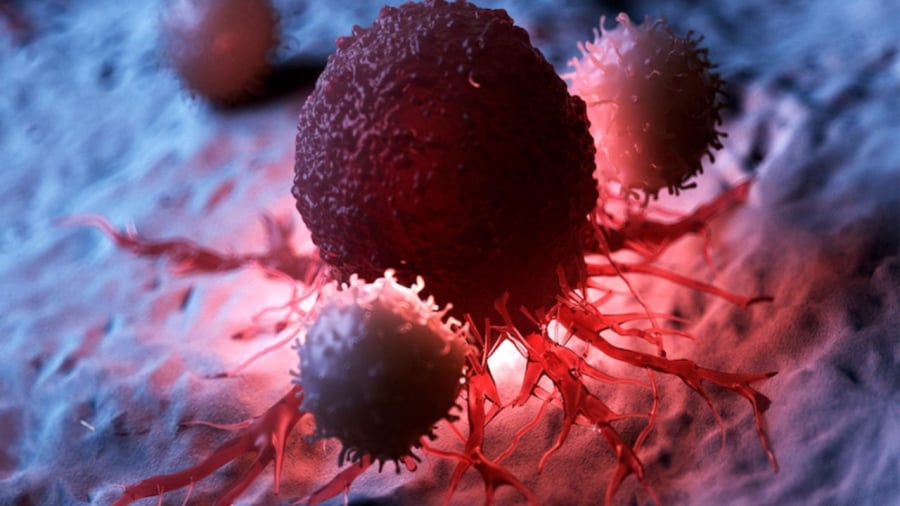Prolonged pain with no apparent cause is one of the first and most noticeable signs in children with cancer. This is especially true for pain in areas such as the bones, abdomen, or head. If your child consistently complains of pain and no specific cause (such as injury or common illness) can be identified, it’s important to seek medical attention.
This pain may indicate bone cancer, brain tumors, or other cancers developing in the body.
Unexplained Weight Loss
Cancer often leads to rapid weight loss. If your child is losing weight without a clear reason, it could be a common sign of childhood cancer. Sudden weight loss, even with no changes in diet or activity, could indicate stomach cancer, liver cancer, or leukemia. While it’s normal for children’s weight gain to slow down or plateau, consistent weight loss is concerning.
Easy Bruising or Bleeding
Pay close attention if your child experiences unusual bleeding or bruising without any apparent injury. Easy bruising or bleeding, such as frequent nosebleeds, bleeding gums, or wounds that bleed profusely without significant trauma, could indicate leukemia or other blood cancers. Early medical evaluation is crucial.

Recurrent Fever
While fever is not a specific sign of cancer, prolonged or recurring fever without a clear cause, such as infection, could be a symptom. Prolonged fever may indicate leukemia, kidney cancer, or other serious illnesses.
Swelling or Lumps
Notice any swelling or lumps on your child’s body, especially in areas like the neck, abdomen, or under the arms. These lumps may be painless but visible, and they warrant medical attention.
Vision Changes or Impairment
Some children with brain tumors or optic nerve tumors may experience vision problems, such as blurred or double vision, or a lazy eye. They might stumble or fall due to poor vision. Keep an eye out for unusual eye movements, crossed eyes, or other vision issues, as these could indicate tumors putting pressure on the optic nerve or brain.
Breathing Difficulty or Persistent Cough
Children with cancers affecting the esophagus, lungs, or airways may experience breathing difficulties and persistent coughing. If your child experiences frequent shortness of breath or a persistent cough without respiratory infections, seek medical advice.
Loss of Appetite or Swallowing Difficulties
Prolonged loss of appetite, difficulty swallowing, or pain during swallowing could indicate stomach, esophageal, or throat cancer. If your child suddenly loses interest in food, has trouble swallowing, or experiences discomfort while eating, it’s important to monitor and seek medical advice.
Behavioral or Personality Changes
Sudden changes in behavior or personality could indicate a brain tumor. Your child might become irritable, anxious, or experience changes in sleeping or eating habits. These changes may be related to the growth of a tumor putting pressure on parts of the brain that control emotions and behavior.
Changes in Urination
If your child experiences abnormal changes in urination, such as decreased urine output or blood in the urine, it could indicate kidney cancer or urinary tract issues. Symptoms like painful urination or blood in the urine warrant immediate medical attention for accurate diagnosis and treatment.
A Green Superfood: This Vegetable Has 7 Times More Calcium Than Milk!
“Seaweeds are a nutritional powerhouse, and their diversity is remarkable. Each variety boasts a unique nutritional profile, but they are typically rich in both soluble and insoluble fiber. These fibers are a digestive system’s best friend, aiding in weight management and promoting a healthy gut. So, whether you’re a health enthusiast or just looking to add some nutritional punch to your meals, seaweeds are an excellent, natural way to boost your overall wellbeing.”


































